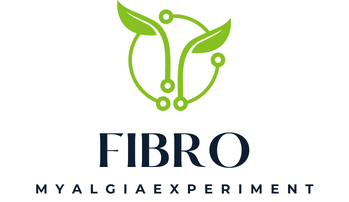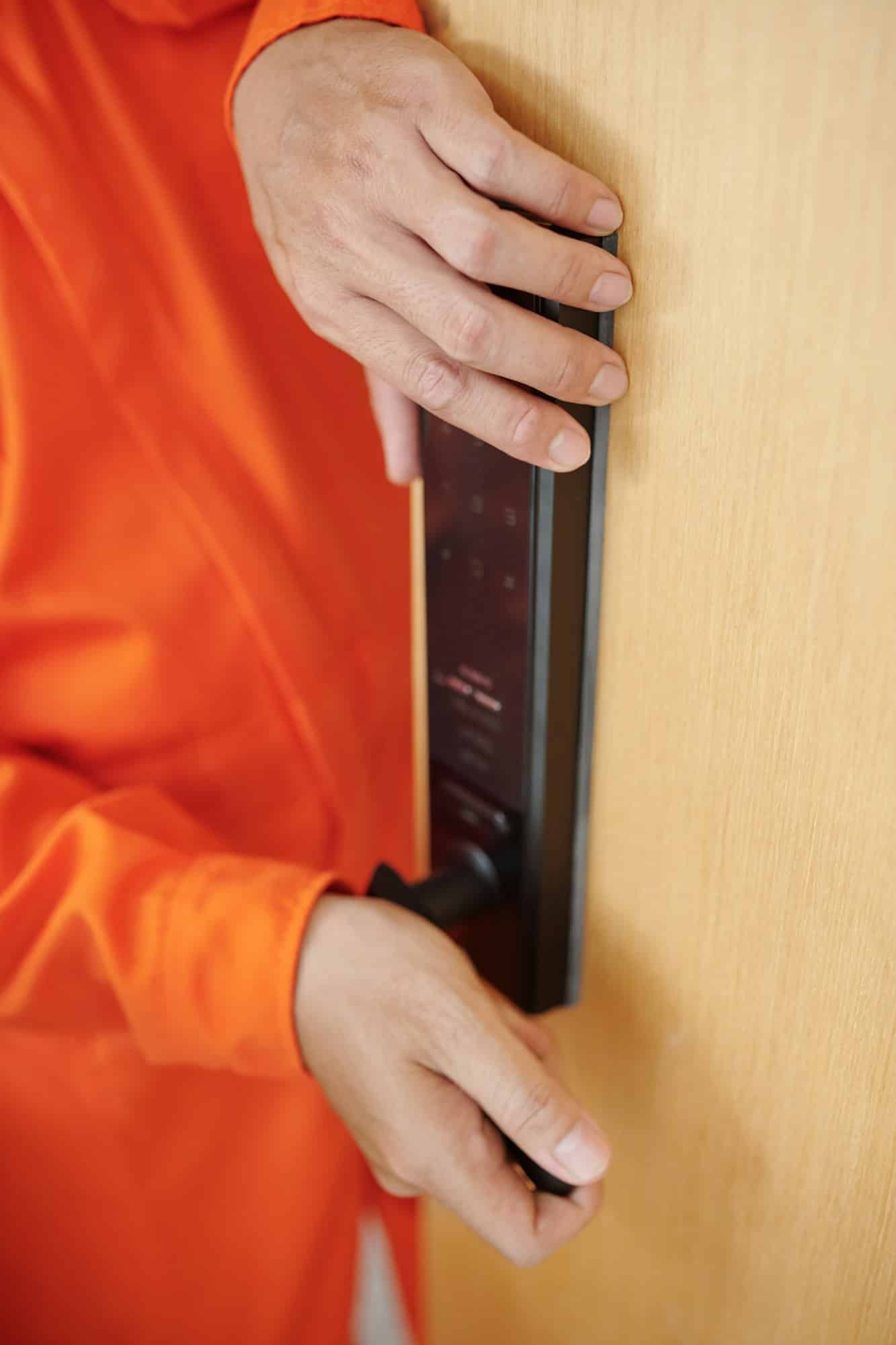As landlords, you are continually searching for ways to improve your property management practices and enhancing the experience for your tenants. One innovation that has recently sparked your interest is the growing popularity of smart locks in rental properties. These devices present an enticing range of benefits, from increasing security to simplifying the process of providing access to tenants or maintenance personnel. Yet, as with any technological advancement, the implementation of smart locks also invites a novel set of legal and ethical considerations. It’s crucial for you to understand these before introducing such a system into your properties.
The Intersection of Technology and Tenant Privacy
Keeping abreast of the latest advancements, landlords are increasingly turning towards smart technology for property management. These tools can streamline numerous operations and enhance the safety of your tenants. However, it’s crucial to navigate the delicate balance between leveraging technology for improved service and infringing on your tenants’ rights to privacy.
A découvrir également : How to Evaluate and Mitigate Asbestos Risk in Real Estate Development Projects?
Smart locks, controlled remotely via a digital platform, enable you to grant or restrict access to your property at the touch of a button. This technology can be a major convenience, eliminating the need for physical key exchanges and the risk of lost or duplicated keys. It also allows for simple delegation of access to maintenance workers or other authorized individuals.
However, the same features that make smart locks convenient also pose potential privacy concerns. The ability to monitor access to a property remotely might be interpreted as an invasion of your tenants’ privacy. It’s crucial to articulate to your tenants how you will use the data collected by smart locks to ensure their peace of mind.
En parallèle : What Are the Best Investment Opportunities in the UK’s Real Estate Crowdlending Space?
Legal Implications of Smart Locks
The legal landscape surrounding the use of smart locks in rental properties is still evolving. As landlords, you must pay close attention to how local and state laws interpret the use of smart locks, especially since these laws can vary significantly.
In most jurisdictions, landlords must provide tenants with a physical key, even if the property also has a smart lock. This legislation protects tenants against potential technical malfunctions or power outages that could leave them locked out of their homes.
In addition, you need to consider the specific lease agreements you establish with your tenants. Be transparent about the presence of smart locks and their functionality, ensuring that tenants are aware of how these devices are set up and used.
Ethical Responsibility and Best Practices
Beyond legal considerations, the implementation of smart locks brings forth an ethical responsibility. This underscores the importance of disclosing the existence and use of these locks to all parties involved, allowing them to make informed decisions about their housing options.
As landlords, you must have a clear policy outlining how and when you will use the features of the smart lock. This policy should eradicate any potential for misuse. It also underlines your commitment to respecting and preserving your tenants’ privacy and rights.
Ensure that the smart locks you choose to install are secure and reliable, minimizing the risk of hacking or malfunction. Research and select a reputable brand, and make sure to keep all software updated to maintain optimal security and function.
Balancing Security with Tenant Rights
While smart locks can significantly improve the security of your rental properties, achieving this security should never come at the cost of infringing upon your tenants’ rights. Tenant rights are a cornerstone of housing law, and landlords must navigate the balance between their own interests and those of their tenants.
A well-implemented smart lock can provide both you and your tenants with peace of mind. It can deter potential thieves, monitor unauthorized access, and eliminate the dangers of lost or stolen keys. However, these benefits must be weighed against the potential risks to tenant privacy.
Transparency is crucial in maintaining this balance. Make sure to disclose all relevant information about the smart lock to your tenants, including how it works, what data it collects, and how that data will be used and stored.
In conclusion, implementing smart locks in your rental properties can be a significant step towards streamlining your property management and enhancing your tenants’ safety. However, it is essential to consider the legal and ethical implications of this technology. With transparency, respect for tenant privacy, and a commitment to ethical practices, you can navigate the smart lock landscape and reap its benefits without compromising your tenants’ rights.
The Impact of Smart Locks on Real Estate Management
In the realm of real estate management, the advent of smart lock technology offers a unique blend of opportunities and challenges. As a landlord, the use of smart locks can streamline your property management operations, enhance your rental income potential, and offer improved fire safety measures.
Gone are the days of worrying about lost keys or coordinating with maintenance and repairs personnel for access to your rental property. With smart locks, you can remotely control access to your property, improving efficiency and providing a higher level of convenience for both you and your tenants.
However, the introduction of these digital devices into the realm of property management also opens up a new area of legal and ethical considerations. The potential of these tools to infringe on tenant privacy is a significant concern.
As a landlord, you would have the ability to monitor who is entering and leaving your property and at what times. While this could prove beneficial in detecting unauthorized access or ensuring compliance with lease agreements, the invasion of privacy could lead to a strained landlord-tenant relationship.
Moreover, there are also concerns about the security of smart lock devices themselves. While they add an additional layer of security to your rental properties, they are not immune to hacking. As a landlord, you must ensure you install high-quality, secure smart locks and consistently update their software to minimize any potential security risks.
Considerations for Lease Agreements and Landlord Access
When introducing smart locks into your rental properties, it’s essential to consider their impact on rental agreements and landlord access rights.
Standard lease agreements often stipulate the circumstances under which a landlord can enter a rental unit. With smart locks, you need to define clearly and explicitly how and when you will use this technology to access the property. This process should involve careful consideration of fair housing laws and respect for your tenants’ privacy rights.
It’s also essential to clearly convey this information to your tenants. This transparency helps maintain a healthy landlord-tenant relationship and ensure both parties are fully aware of their rights and responsibilities regarding the use of smart locks.
Moreover, you should also provide your tenants with a physical key as a back-up. This move not only meets the requirements of many jurisdictions but also safeguards tenants against technical malfunctions or power failures.
Landlords must also think about the security deposit implications of smart locks. If a tenant loses their digital access or if the lock becomes compromised, what would be the procedure for dealing with such situations? It’s crucial to have clear policies in place to handle these scenarios.
Conclusion: Navigating the Smart Locks Landscape
In conclusion, the introduction of smart locks in rental properties represents a significant shift in property management practices. While they provide numerous benefits, landlords must also consider the legal and ethical implications of this technology.
A well-balanced approach is crucial. It involves reaping the benefits of improved security and convenience while respecting your tenants’ privacy rights. Transparency is vital, as is a clear understanding of your legal responsibilities under local and state laws.
By carefully navigating this landscape, landlords can utilize smart locks to enhance property management, increase rental income, and improve tenant satisfaction, all while maintaining a commitment to ethical practices and upholding tenant rights.
Ultimately, the implementation of smart locks should be a strategic decision that, when executed correctly, can add significant value to your rental properties and overall business operations.






